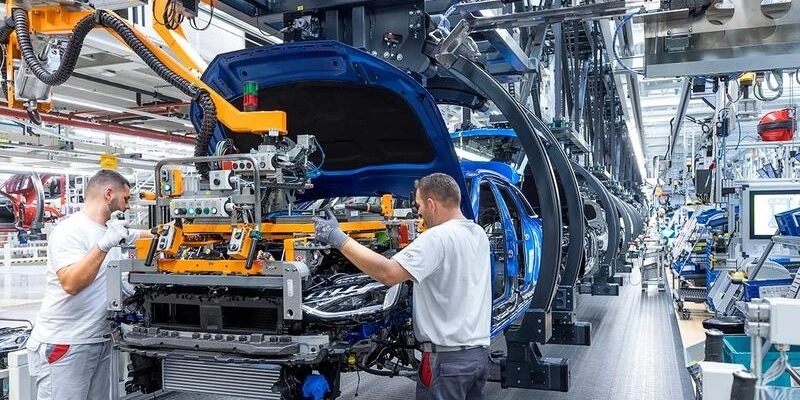As the transition to electric mobility progresses, the lack of trained personnel to maintain and repair these vehicles is a concern that affects the entire value chain of the automotive sector.
Raúl García González, head of after-sales service at KIA Retail Madrid, highlights the growing concern about the shortage of qualified workers in the sector:
“There are no mechanics, bodyworkers, painters, and even fewer that we can call trained professionals.”

This highlights one of the most critical realities today: the inability to train and retain talent in an environment that demands increasingly more specialization.
The problem, however, is not limited to training alone.
Low wages and poor working conditions also play a role.
What specific factors have led to this situation?
According to García, the reasons are many and varied, but mainly the new technologies “that are not easy to diagnose or understand” influence this situation.
As well as “FP” with obsolete training, that is, vocational training programs that are outdated and do not align with the current needs of the labor market.

In this context, Celedonio Castaño Fuerte, an automotive and after-sales expert, told Mobility Portal España: “FP study plans are not even remotely adapted to current technology.”
Why? “Almost always due to a lack of resources in the centres and a lack of training for teachers who rarely receive effective training,” he explains.
Added to this are internal training and branding programs “in desperation” that have not achieved the expected results and have generated high costs.
“As well as the loss of the ‘romanticism’ that the sector had years ago due to the change in mentality of young people and the less than ‘succulent’ economic conditions for technicians,” adds García.
Finally, he points out as additional factors the old and poorly equipped facilities, the lack of attractiveness in the “commercial” hours, and the high pressure to meet the required diagnosis and production times.
This situation is aggravated in the electric mobility sector, as the speed at which electric vehicle technology is evolving exceeds the capacity of the educational system to train future mechanics.
“A technician in this technology must be an expert in mechanics, electronics, computing and high and low voltage electricity. It is impossible to train a specialist in a two-year module,” says Castaño.
According to data from Faconauto, it is estimated that Spain needs more than 6,000 additional professionals in the after-sales sector, a figure that will only increase with the imminent retirements of the most experienced mechanics.
This lack of qualified personnel not only affects the operational efficiency of workshops, but also jeopardizes the safety and quality of service provided to customers.
What would be the best way to encourage training in this sector?
“Improvements in the economy, facilities and schedules would make young people feel more attracted,” says García.
He also highlights: “Promote emotional salary and establish agreements with training institutes and companies, so that technicians are trained in vocational training programs with the guidelines and technologies of the brands, and can later join dealerships or workshops.”
It is also essential to value the profession with adequate remuneration that reflects the demands and responsibility involved in handling complex machines.
Who should take responsibility for promoting it?
In order, these are the educational system (governments and autonomous communities), companies and dealership and workshop management, says the expert.
It is worth mentioning that many mechanics say that, in the context of electric vehicles, they have to seek external training, paying out of their own pockets so as not to become outdated.
This adds an additional burden to an industry already facing increasingly tight margins.








